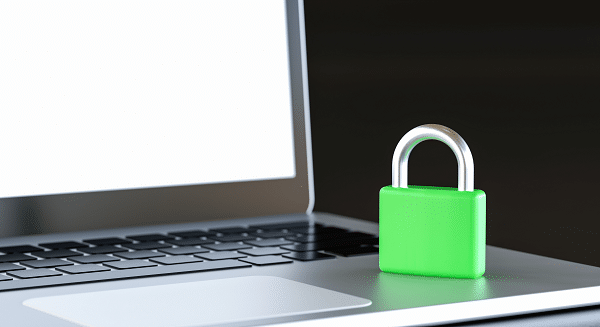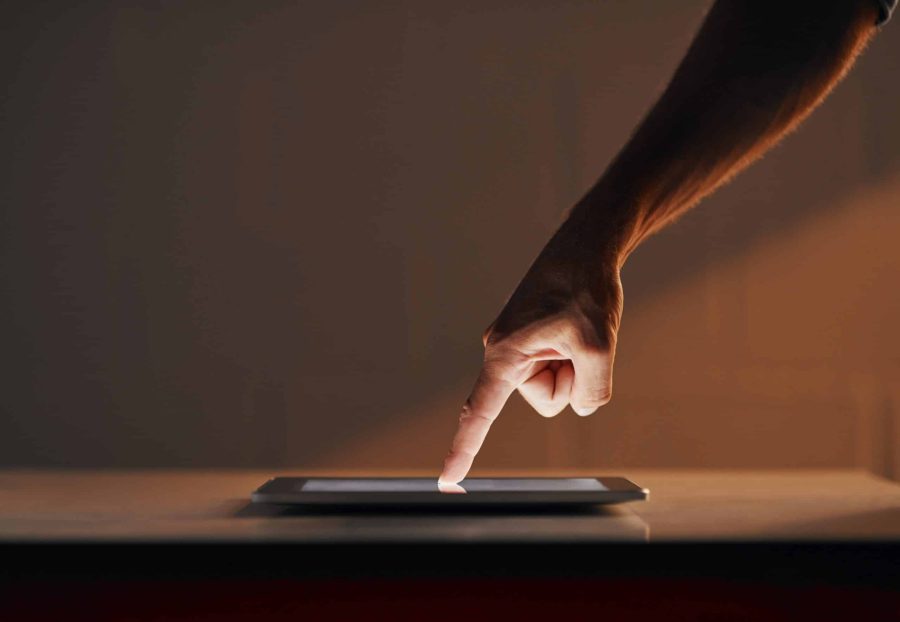Navigating social online privacy in today’s digital age is a daunting task for many. With an increasing number of social platforms available and a massive amount of personal data being shared, the significance of understanding and implementing online privacy measures has never been greater. This article will guide you through essential steps to better protect your online privacy, focusing on social media platforms, and provide practical tools and tips to enhance your understanding and execution of online safety measures.
Contents
- 1 Defining Your Online Privacy
- 2 The Risks To Your Online Privacy
- 3 Social Media And Privacy
- 4 Essential Privacy Settings On Popular Social Platforms
- 5 Use of VPNs For Enhancing Privacy
- 6 The Role of Cookies in Online Tracking
- 7 Using Private Browsing Modes
- 8 Secure Your Mobile Devices
- 9 Educating Yourself And Staying Updated
- 10 Understanding Your Rights To Digital Privacy
- 11 Be Mindful When Navigating Social Online Privacy!
Defining Your Online Privacy

Online privacy refers to the protection of your personal data published via the Internet. This protection covers everything from your basic demographics (like age, sex, and location) to more sensitive data, such as credit card information or browsing history. Understanding online privacy becomes critical in a world where almost every action, every transaction, and every communication has a digital footprint. You are constantly providing personal data to online platforms, making you vulnerable to potential privacy violations.
Moreover, the importance of online privacy goes beyond protecting yourself from financial fraud or identity theft. It’s about safeguarding your personal autonomy and freedom of thought. In an era where data is the new gold, online privacy has become an essential aspect of personal security, and taking control of it allows you to retain your freedom in an increasingly interconnected world.
The Risks To Your Online Privacy

The threats to your online privacy are numerous and constantly evolving. Some of the most common threats include hackers seeking access to your sensitive information, phishing scams designed to trick you into revealing personal data, and malware that can spy on your activities or take control of your devices. While you might think you’re not likely targets for such cyber-attacks, the reality is that everyone connected to the Internet is potentially at risk.
With more of your daily activities moving online, data leaks have become a common occurrence, leading to misuse of personal information. Leaked data may be used for everything from identity theft, financial fraud, reputation damage, and psychological manipulation. Moreover, this doesn’t just affect individuals; entire communities, corporations, and even governments can be destabilized through such breaches.
Social Media And Privacy

Social media platforms are a significant part of online life, but they pose a unique challenge to online privacy. These platforms often encourage you to share a large amount of personal information, from your location and activities to your relationships and interests. This wealth of data can make you easy targets for advertisers and other parties interested in leveraging your personal information for their benefit.
However, it’s not just external threats you need to be aware of. Many social media sites track user activities for their own purposes, such as targeted advertising or content curation. Therefore, it’s essential to understand the privacy policies of these platforms, as well as how to customize your privacy settings to control who can access your information and what they can do with it.
Essential Privacy Settings On Popular Social Platforms

Most popular social platforms like Facebook, Instagram, and Twitter offer various privacy settings to help users control their data. These settings can be adjusted to limit who can see your posts, manage how your data is used for advertising, and even control how the platform tracks your activity. Reviewing these settings regularly and making necessary adjustments to ensure your online privacy is adequately protected is critical.
To access these settings, you typically need to navigate to the account or privacy settings section of the platform. While the exact options available can vary between platforms, look for settings that control your profile visibility, post privacy, ad preferences, and data tracking. If you’re unsure about what a particular setting does, don’t hesitate to use the platform’s help resources or do a quick online search for more information.
Use of VPNs For Enhancing Privacy

Virtual Private Networks, or VPNs, are another effective tool for enhancing online privacy. A VPN creates a secure connection to the Internet, hiding your IP address and encrypting data sent from your device. This prevents third parties from viewing your online activity, even when using public WiFi networks, which are often targets for hackers.
There are numerous VPN services available, some of which are free, while others require a subscription. When choosing a VPN service, it’s essential to consider factors such as the level of encryption, server locations, data limits, and whether the service keeps logs of your activity. A quality VPN service will provide strong encryption, have servers in multiple countries, offer unlimited data, and have a strict no-logs policy.
The Role of Cookies in Online Tracking

Cookies, small files created by websites to remember your activity or preferences, play a significant role in online tracking. While cookies can enhance your browsing experience by saving your login information or personalizing content, they can also be used by advertisers and social media platforms to track your online activity across multiple sites. It’s important to understand how cookies work and how they affect your online privacy.
While it’s not practical or even beneficial to block all cookies, most browsers give you the option to control how they are used. For instance, you can choose to block third-party cookies, which are often used for tracking, while still allowing first-party cookies, which provide site functionality. Some browsers also offer a Do Not Track option, which requests sites not to track your activity.
Using Private Browsing Modes

Private browsing, often known as incognito mode in some browsers, is a feature that provides a level of privacy when browsing the Internet. It prevents your browser from saving browsing history, cookies, site data, and form inputs. This can be useful for multiple reasons, such as when using a public computer, where you wouldn’t want your activity to be recorded.
However, it’s crucial to understand what private browsing doesn’t do. It doesn’t make your online activity invisible to internet service providers, employers, or the websites you visit. It also doesn’t protect you from malware or other online threats. While it’s a useful tool in your online privacy toolkit, it should be used in conjunction with other methods, such as using secure connections, enabling privacy settings, and regularly updating your software and devices.
Secure Your Mobile Devices

With the growing use of mobile devices for activities such as banking, shopping, and social networking, securing these devices has become crucial for maintaining online privacy. Many of the threats that exist for desktop computers — such as malware, phishing attacks, and data breaches — also apply to mobile devices. Keep your device’s operating system and apps updated to ensure you have the latest security patches.
Use strong passcodes and biometric features, such as fingerprint or face recognition, to lock your devices. Be wary of public WiFi networks; if you have to use them, make sure to use a VPN. Finally, only download apps from trusted sources, check the permissions they request and regularly review and manage these app permissions through your device’s settings.
Educating Yourself And Staying Updated

The field of online privacy is continually evolving, with new threats and solutions emerging all the time. As such, it’s important to educate yourself about current online privacy issues and stay updated on the latest trends and threats. Many resources can help you stay informed, including online privacy blogs, forums, and news websites.
Additionally, consider following digital privacy advocates on social media or subscribing to their newsletters. Regularly checking the privacy settings on your social platforms and other online accounts can also help you stay ahead of changes that might affect your personal data.
Understanding Your Rights To Digital Privacy

While you can take many steps to protect your online privacy, it’s also essential to understand your rights. Depending on your location, you may be protected by various digital privacy laws and regulations, which can provide certain rights and protections related to your personal data. For example, under the EU’s General Data Protection Regulation (GDPR), individuals have the right to access their personal data, correct inaccuracies, and even have their data erased in certain circumstances.
In the U.S., different states have different laws, but laws like the California Consumer Privacy Act (CCPA) offer similar protections. If you believe your privacy rights have been violated, consider filing a complaint with the appropriate privacy commissioner or data protection authority.
Although it may seem like navigating social online privacy can be a complex task, it’s an essential part of your digital life. By understanding online privacy and the threats to it, using tools like VPNs and private browsing, and staying informed about your privacy rights and the latest trends, you can significantly enhance your online safety. Remember that maintaining online privacy is an ongoing process, not a one-time task. Regularly review your privacy settings, educate yourself about the latest threats, and always be mindful of the information you share online.


